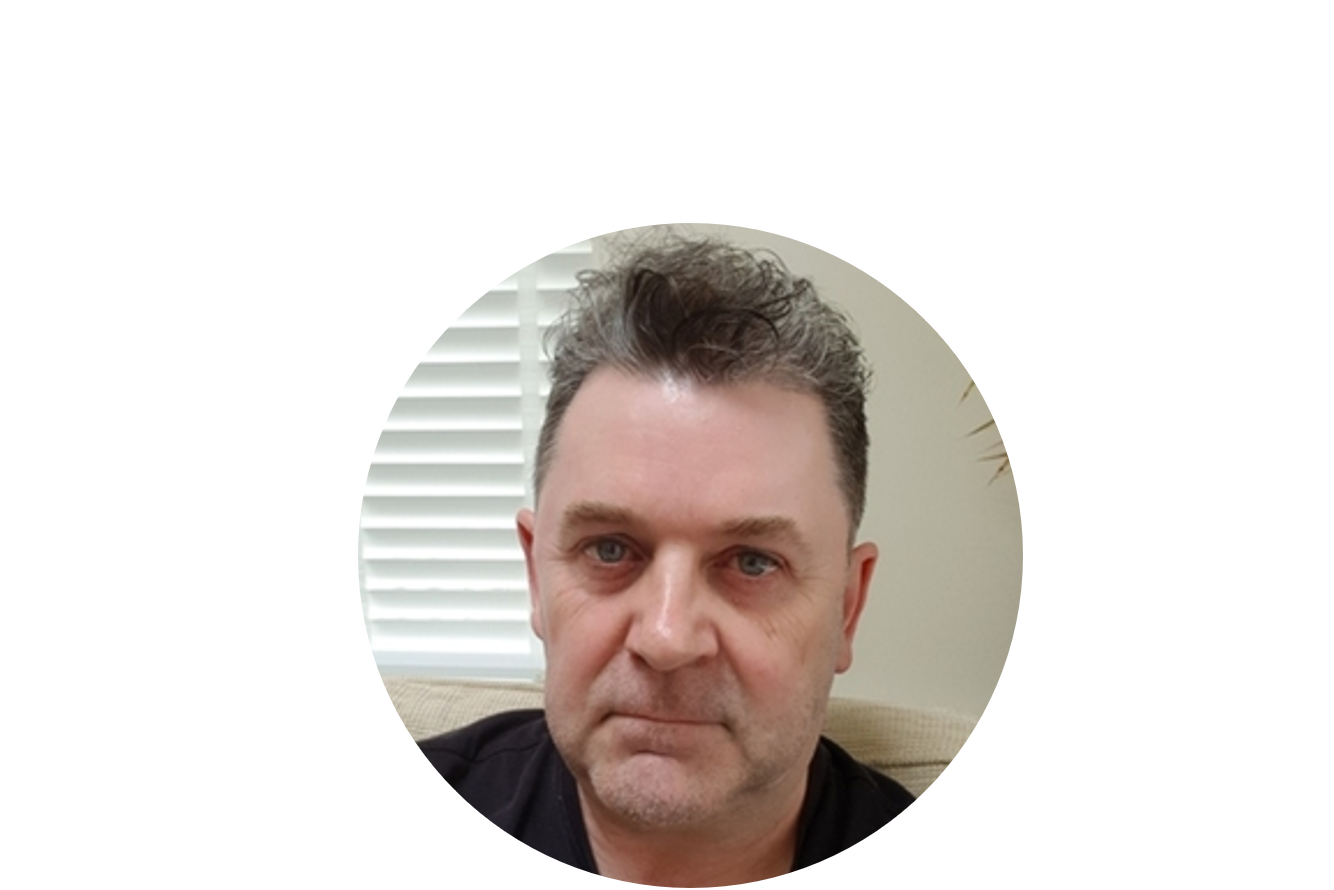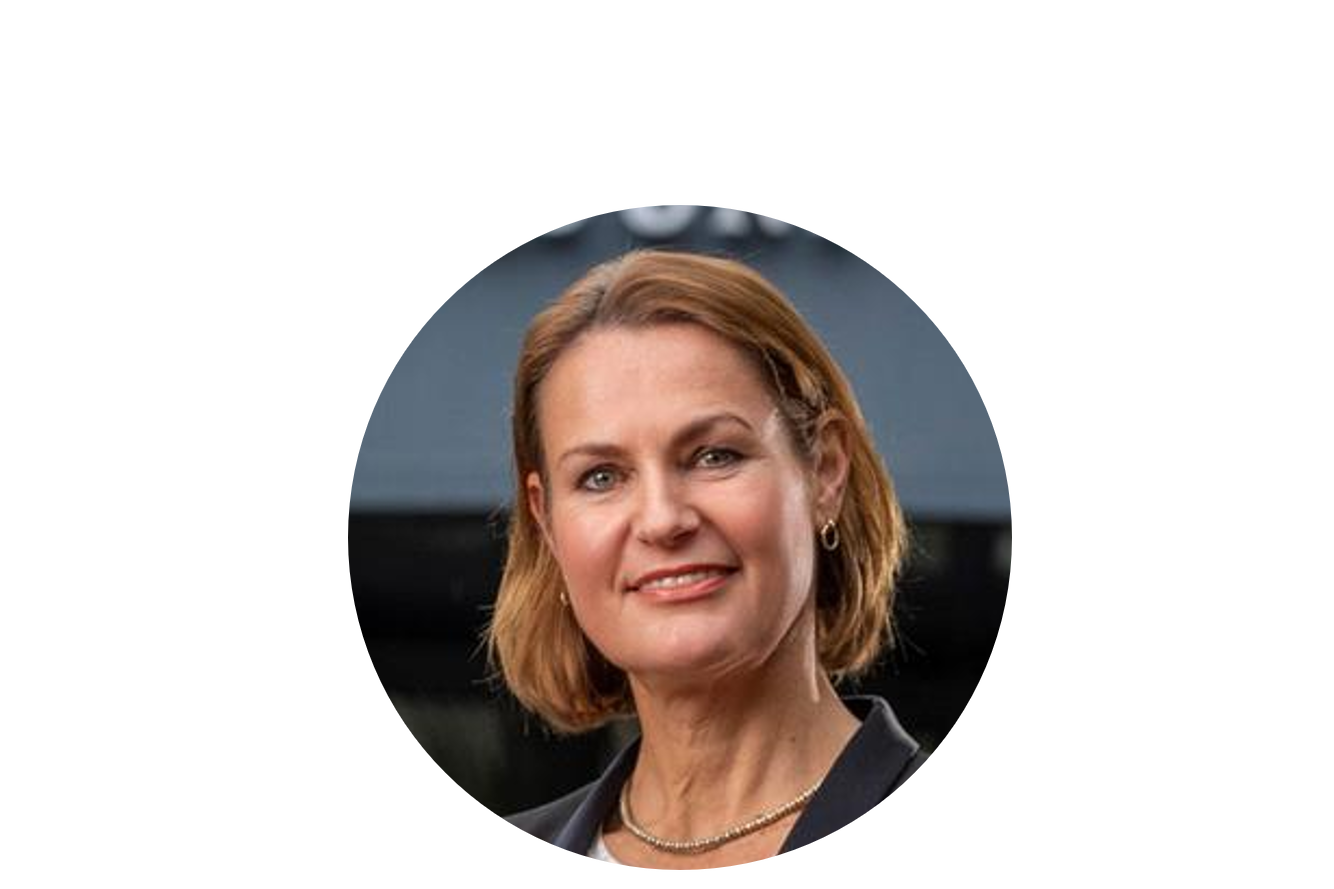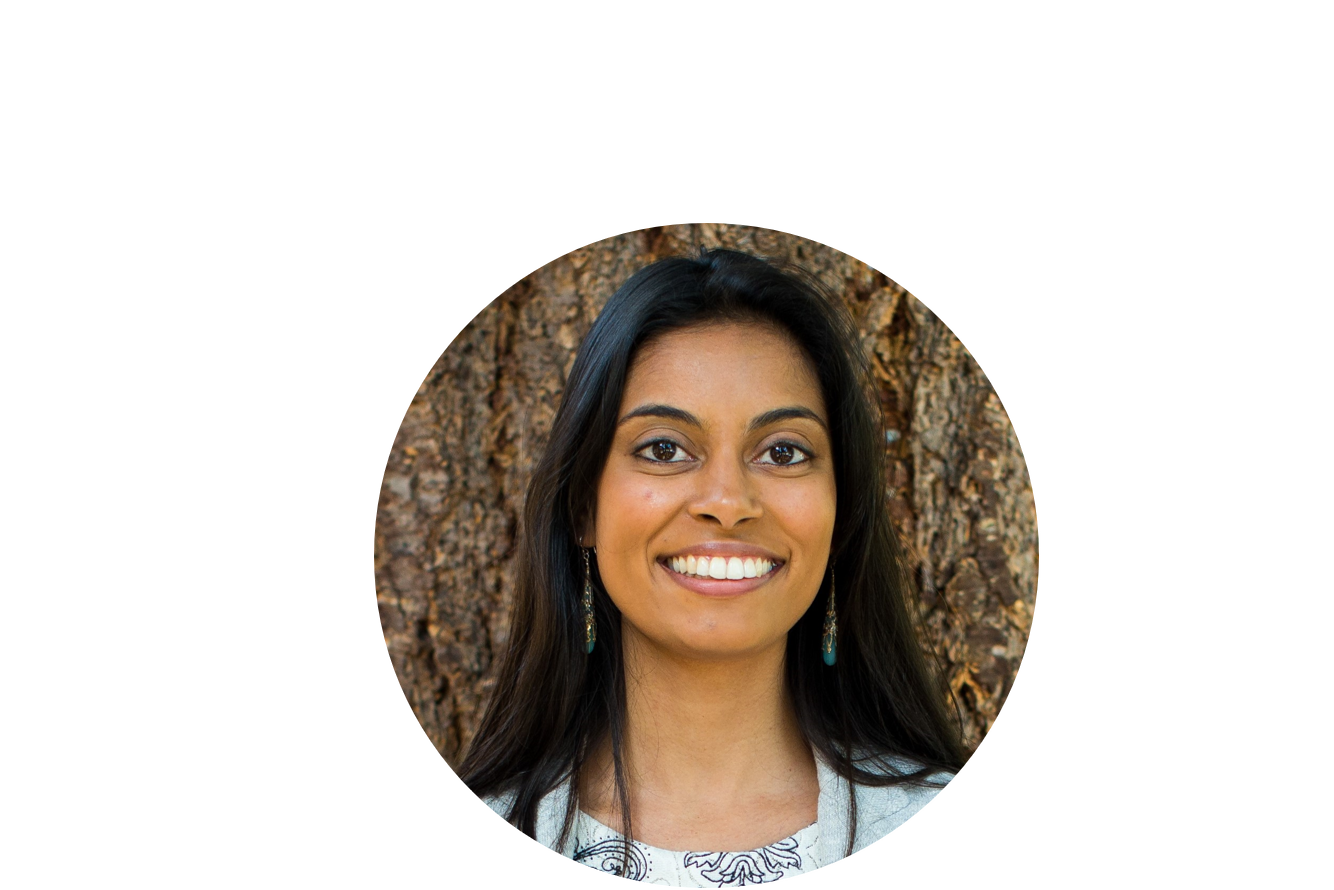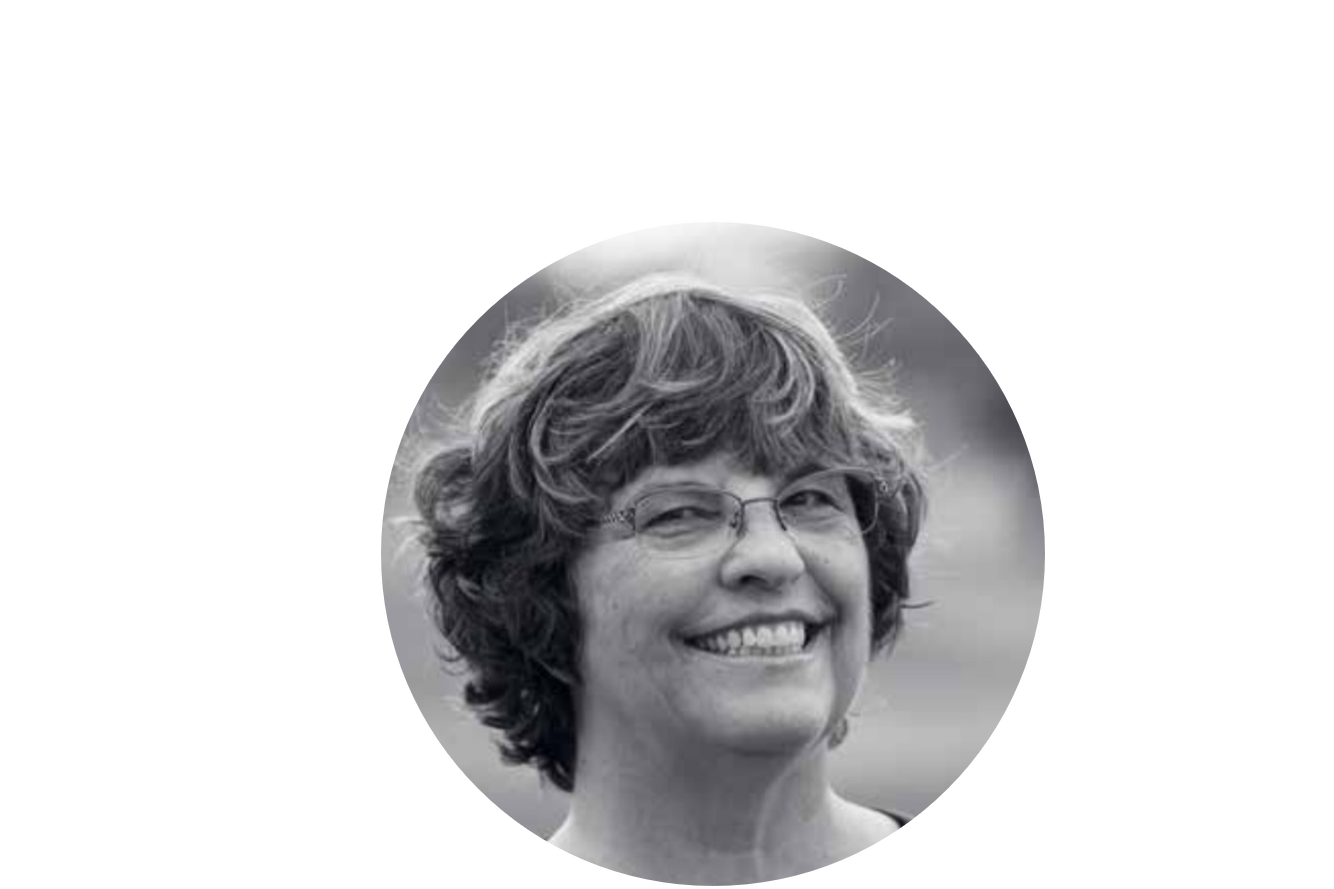.jpg)
Online Program Thursday 15 October 2020. Sign up for your favorite sessions: please pick & choose.
- 09h00-09h30: Eran Gal (ISR) - AI (Artificial Intelligence) applications for L&D professionals
- LXPs
- Recommendation Engines
- NLP (Natural Language Processing) applications
- Chatbots
- Smart Assistants
- Hyper personalized systems
- Gain understanding of current and near future AI based applications for learning
- Understand when and how can you utilize emerging technology for an improved learning experience in your organization
- Understand the need and solutions for reskilling programs in the field of data science, Machine and Deep Learning.
- Gain insight as to new skills and expertise L&D professionals need to master as we move to AI embedded work environments.
- 10h00-11h00: Steve Wheeler (UK) - Digital Literacies for Learning and Development: Why we need to be digitally ready
- Understand the concept of digital literacies and their importance
- Identify areas where you can develop new personal competencies
- Explore some practical examples of digital literacies in action
- 11h30-12h30: Lidewey van der Sluis (NL) - Leadership and learning in the era of disruptions
- Gain knowledge and insights in new conceptual models related to leadership
- Join us to share insights in the power of collective learning and framing
- Learn how leaders build adaptive and resilient teams and organizations
- 13h30-14h30: Donald Clark (UK) - Megamyths in learning
- Three mythical triangles: Bloom, Maslow and Dale
- Invisible intelligences: IQ, Multiple Intelligences, Emotional Intelligence and MBTI
- All styles no substance: NLP, Learning styles
- Therapy culture: wellness, happiness and mindfulness
- Leadership Bullshit
- 15h00-16h00: Crystal Kadakia (USA) - Designing Modern L&D: Across The Flow of Work and Diverse Learners
- Understand the simple problems that have held L&D back from being effective in a digital age
- Get an introduction to a rigorous way to design a 'learning cluster' of multiple assets across the flow of work
- Learn how it's about more than e-learning as you convert to remote learning experiences
- Consider how targeting more than one generic audience empowers greater learning through diversity and inclusion
- 16h30-17h30: Margie Meacham (USA) - The Science of Attention: How the brain decides what matters and what you can do to change its mind
- How the brain isolates important content from background noise
- How the brain encodes information for integration and retrieval
- How you can engineer your content to grab and maintain learner attention
- Three things you might be doing today that you should sto
- Three things you’re already doing that you could do even more
- Three things you need to start doing, if you’re doing them already
We will explore the benefits and application opportunities for learning with:
We will also explore the national AI reskilling program funded by the Israeli Innovation Authority allowing for Hi-Tech companies to form their own AI academy in-house.
Participants will be encouraged to share experience with AI embedded learning services and reskilling programs in the fields of data science, Machine and Deep Learning.
Learning Objectives:
Co-hosted by our partner The Tipping Point.
Take-aways:
Co-hosted by our partner Flowsparks by UNI-Learning
Main Insights:
Co-hosted by our partner marbl
Co-hosted by our partner Cameleon Business Training
Take-aways:
Co-hosted by our partner NCOI Learning.
Take-aways:
Co-hosted by our partner The Tipping Point.






